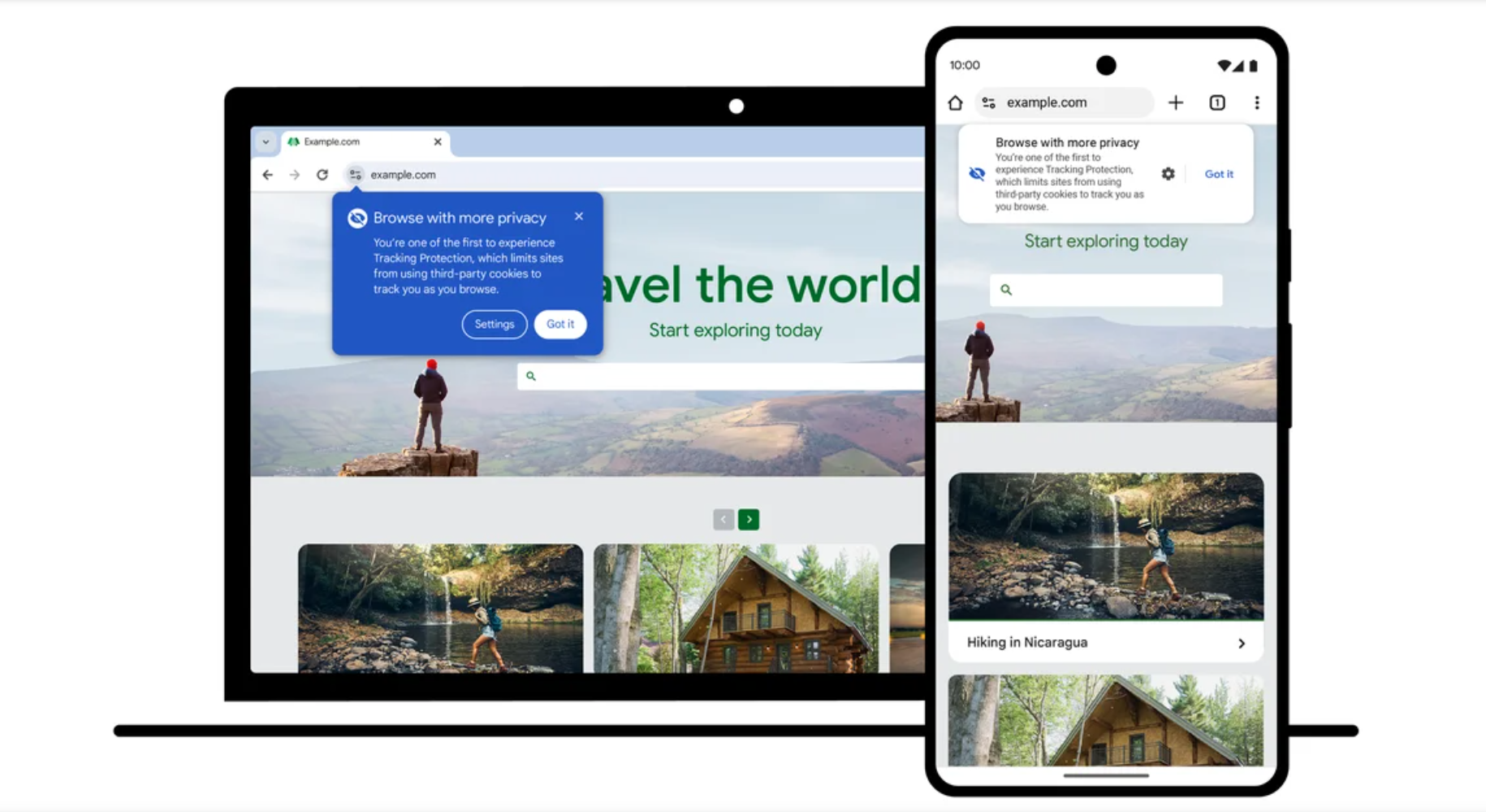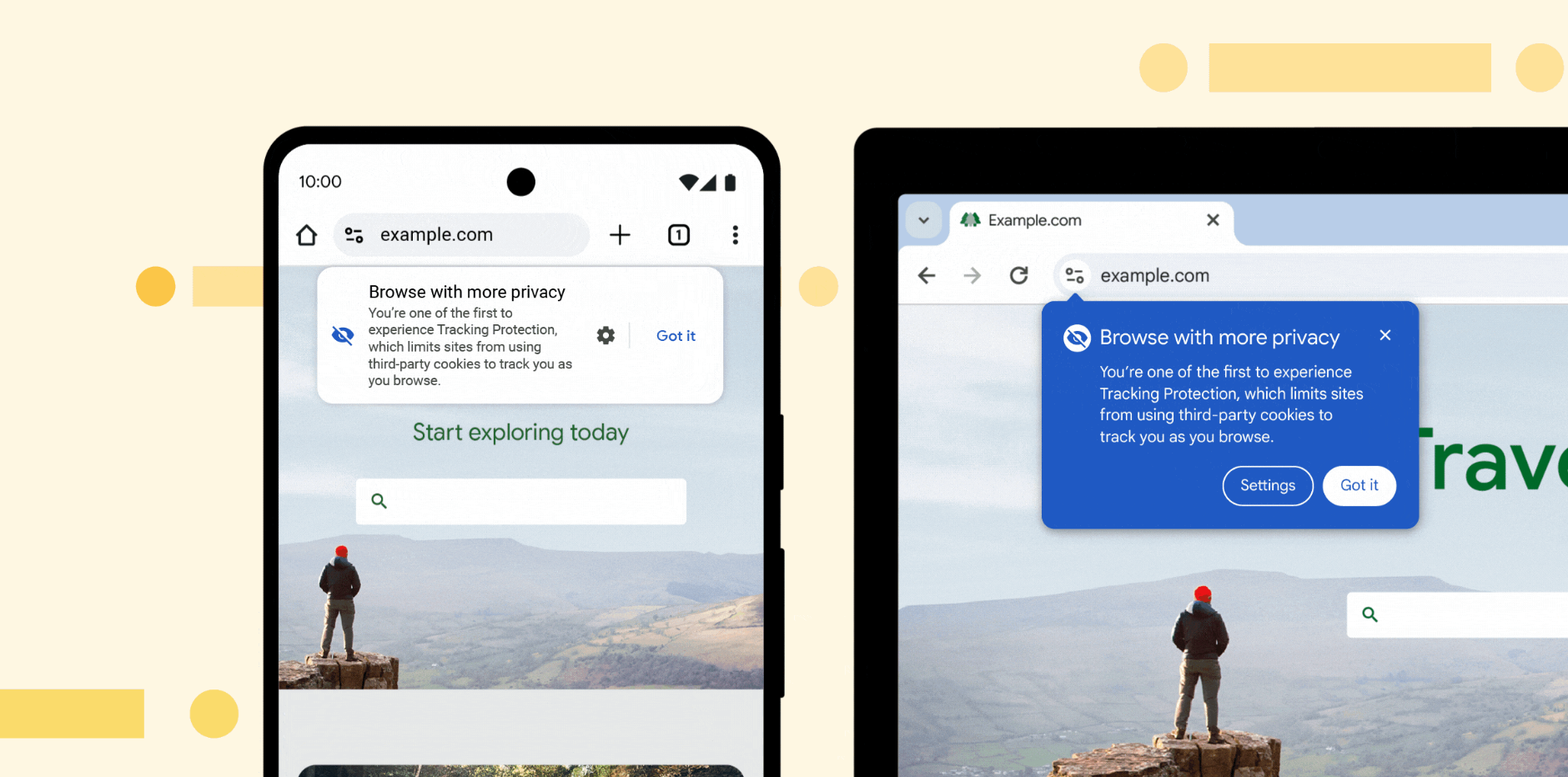Google Chrome officially starts blocking cookies: ‘The best thing that ever happened to advertising’
Google has started allowing Chrome browser users to disable third-party cookies, a move that many in the digital advertising game has rallying against.
From today, 1% of global users, such 30 million people, will be randomly chosen and asked if they wish to “browse with more privacy”, meaning the removal of cookies – the slew of personal preferences stored on your device in order to allow advertisers to more effectively target you.

Google will eliminate all cookies later this year.
“When it comes to improving privacy on the web, the work is never finished,” Anthony Chavez, Google vice president, said in a blog post. “That’s why in Chrome, we continue to invest in features that protect your data and provide more control over how it’s used. This includes taking steps to limit the ability to track your activity across different websites.”
Chavez notes the company’s “responsible approach to phasing out third-party cookies in Chrome”, assuring advertisers that “as we work to make the web more private, we’ll provide businesses with tools to succeed online so that high quality content remains freely accessible — whether that’s news articles, videos, educational information, community sites or other forms of web content.”

James Bayes, VP of The Trade Desk ANZ, reasons that Google’s boasts of privacy concerns are just that – and the slow death of cookies has offered the advertising industry to build a better, most robust solution.
“Protecting consumer privacy online doesn’t have to mean making it harder for publishers to earn revenue,” Bayes notes.
“Removing third-party cookies appears to be just an exercise to position Chrome as a privacy-conscious browser, while attempting to do just enough to avoid the watchful eye of antitrust authorities, while in my view stopping digital advertising from reaching its full potential.”
Bayes said the advertising industry is “on a collective mission to build something better” than third-party cookies, which Google’s Chavez pointed out have been a “fundamental part of the web” for nearly three decades.
“Key industry players have come together to create a patchwork of different identity solutions, that cover not only the browser environment but also growing channels such as digital audio and streaming,” Bayes continues.
“Solutions such as Unified ID 2.0 have been built to do what cookies never could – benefit publishers and advertisers, while at the same time supporting the consumer experience.”

